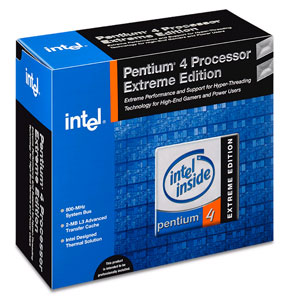
More details are coming in about the Apple-Intel deal. Here’s the really short version:
Incompatible with PCs: You’ll probably be able to run Windows and Intel-Linux (unsupported) on Apple’s new Macs, but Apple won’t let you run OS X on PC hardware. Big surprise: Apple wants your hardware cash. (See Apple’s Schiller to CNet.com)
Transition Ahead For Some Developers: CNet has the answer to the question I asked during the keynote. Developers who didn’t use Apple’s development tools to create their app will have to move their code to Apple’s XCode to take advantage of the Intel hardware. If they’re not ported, apps will still run, but the question is, will they take a major performance hit? (see below; readers also tell us they probably won’t work with audio)
(read more)
One of our all-time favorite audio developers, Rogue Amoeba, is weighing in on Apple’s Intel announcement, in their under the microscope feature. Basically, Rogue Amoeba’s Paul has more questions than answers. For his part, he’s actually quite upbeat — not angry OR shocked! But I agree with some of the questions he raises — the questions we’re all wondering about:
Will Apple’s hardware sales drop for 1-2 years? Apple says the coming months won’t bring many performance gains from IBM (though, of course, that’s part of the reason for the switch).
How fast will non-recompiled apps be on the new system? Jobs says “pretty fast” as Paul notes — but how fast, really?
Price comparisons could hurt Apple. Paul rightly points out this issue. I’m surprised analysts are so excited about Apple being able to slice a hundred bucks or so off their machines. If consumers can compare Mac to PC processor-to-processor, it may actually have the reverse effect: making Macs look more expensive. Anyway, we have a year to wait to find this out.
Developers are mad (but coping). Understandably, after years of touting the PPC. But despite that, Paul is cautiously upbeat, as are many other developers.
Bottom line: life goes on. Audio developers like Rogue Amoeba will press on. Some, like plasq, are already using Xcode and Cocoa; read: it won’t matter one bit. Hopefully Apple will feed its anxious users and the industry more details. And, if all goes according to plan, this will feel less like a historic moment, and more like just another day in the ongoing life of the 21 year-old Macintosh platform.